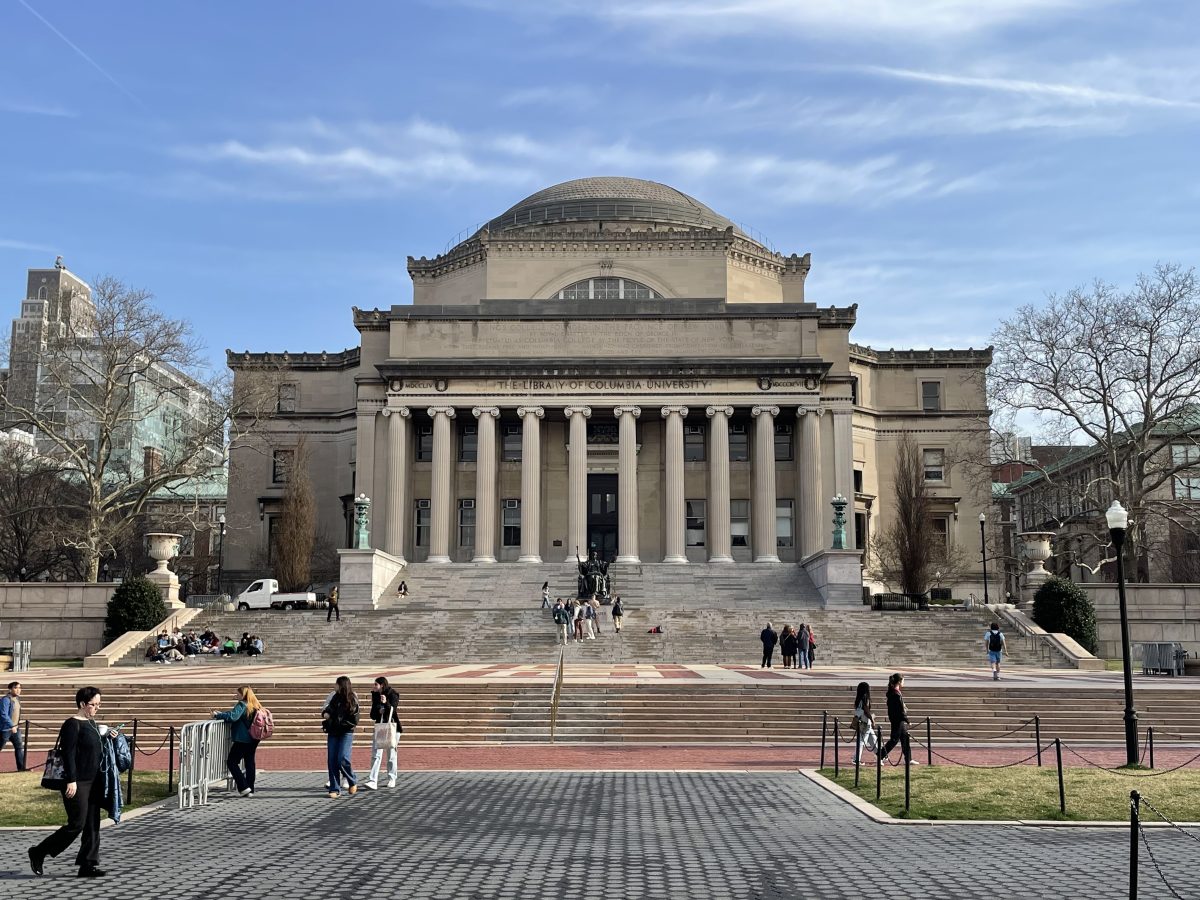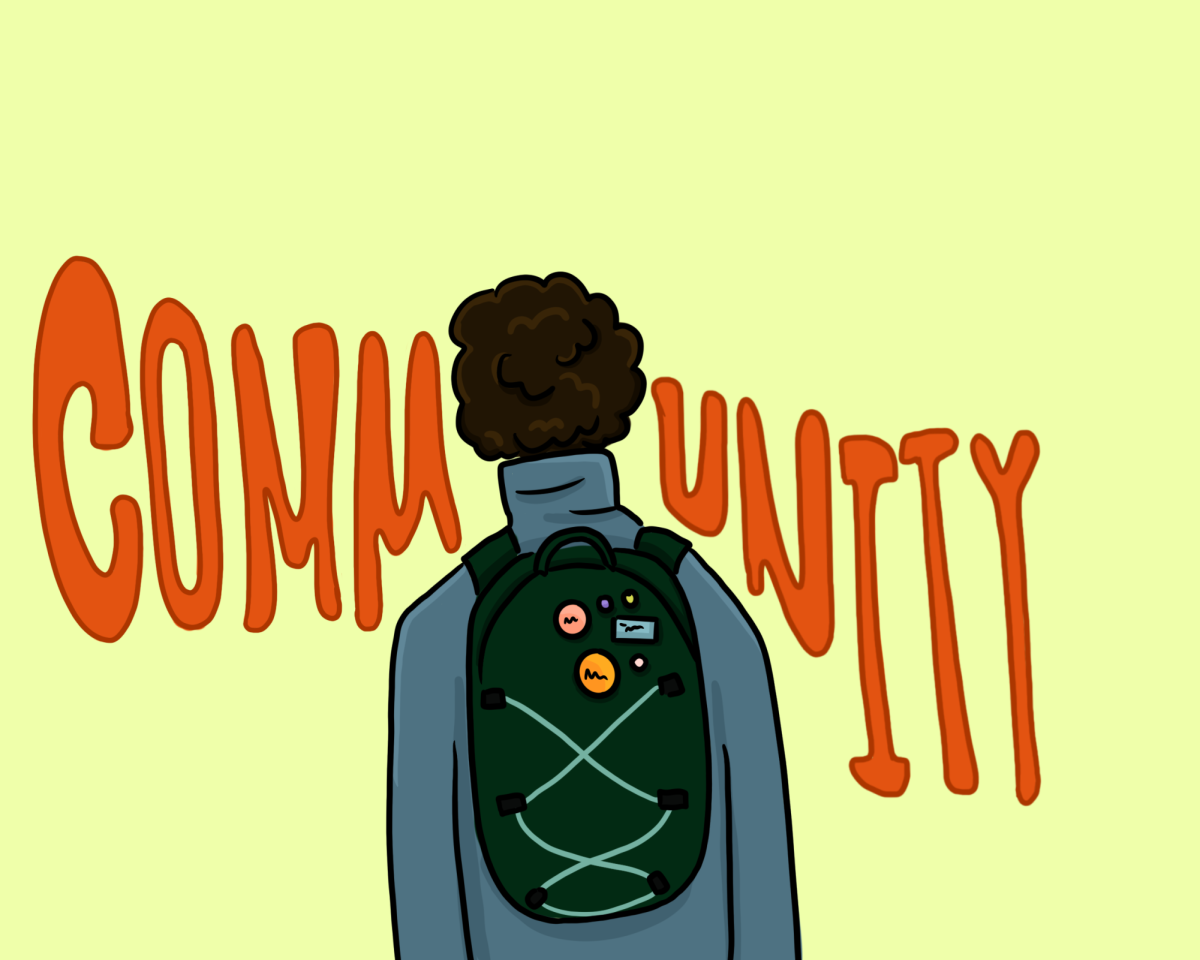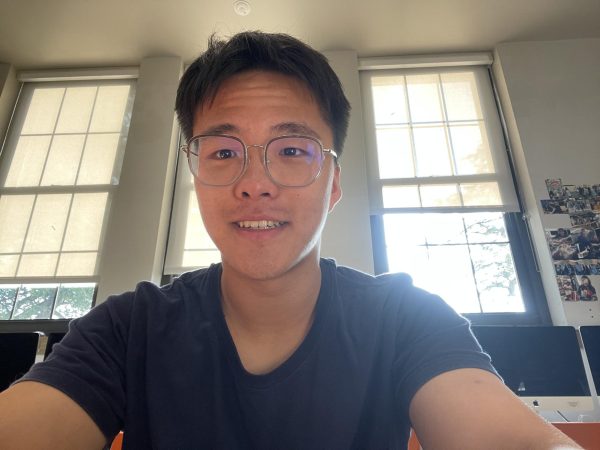Finding and enrolling in a dream college is a goal shared by many high school students. Ambling on the beautiful campus, making new friends and earning a degree might sound appealing. In college, students can expand their knowledge and education and grow as individuals in a new environment. Additionally, students can attend college out of state or find a college closer to home. To many, enrolling in college means a brand new start for their next stage of life and an opportunity to develop their skills.
However, transitioning from high school to college is rarely smooth for anyone. A new place means a different environment, culture and people. Managing a work-life balance can be crucial. In terms of campus settings and resources, colleges differ a lot from high schools. It offers a lot more resources for research, internship and connections in a much more competitive and stressful environment. Especially in a selective institution, it is even more difficult to stand out academically since almost everyone is in the top 5% of their high school graduating class in terms of grades and standardized testing. Finding a comfortable spot during students’ first year in college can also be challenging due to different lecture formats and homework assignments compared to classes in high school.
“I feel content-wise, it’s been going pretty fast,” said Daniel Gonzalez, a freshman at Columbia University majoring in environmental engineering. “It’s also a lot of homework. But I also understand why I’m kind of stressed out. I think I’m taking too many classes.”
Gonzalez believes that the testing difficulty for his current classes doesn’t differ much from the AP programs offered by high schools. However, the style of professors plays a more important role compared to high school classes.
“The test difficulty seems to be about the same as APs,” Gonzalez said. “It’s just how you approach the content and the style of teachers or professors. It also depends on who is given the curve (a method of modifying each student’s grade to raise or lower the average grades in a class).”
Learning how to be adaptable to the college schedule can be important too. Unlike high school, most colleges don’t have a fixed schedule. As a result, students have to effectively manage their time in a university setting.
“A lot of it depends on time management,” said Owen Luna, a freshman at Columbia University majoring in political science. “Because you’re no longer on a fixed schedule in high school. And now you have to learn how to manage your time and work outside of class.”
Colleges can undoubtedly be challenging due to the higher academic standards compared to most high schools. Gonzalez believes that it is a good thing to be challenged by the materials. However, he also takes time to walk outside, hang out by himself, and just listen to music when he feels overwhelmed. During this stage of life, most students are still figuring out their path. Finding a work-life balance can be crucial, not just for avoiding stress but also for studying more efficiently.
“When I am tired, I just stop studying and I start browsing Reddit,” said Daniel Deng, a sophomore at Columbia University majoring in applied math and physics. “I feel like that’s a good work-life balance. I feel like sometimes when people are stressed, they just keep studying because they’ve worked to be done. But I think that’s not very efficient.”
While the allure of attending a dream college promises new experiences and personal development, the reality of an unfamiliar environment can present challenges. It’s important to find a college that feels right for you.
“There’s a lot of things that make Colombia great, and there’s a lot of things that just don’t fit for everyone,” Luna said. “So knowing exactly what you want if you want to be in a city. I chose Columbia because it’s in New York City. I mean, that’s a big plus.”
Understanding what a university has to offer is crucial. While Luna chose Colombia partially because of its location, Gonzalez chose Columbia with his major due to the university’s research background and his field of study.
“I did massive research on the engineering department,” Gonzalez said. “Specifically for my major, I think environmental engineering focuses on partnerships with the [Columbia] Climate school. Most of the research is done at the Climate School, which is, I think, one of the top schools in climate research.”
Instead of picking schools based on ranking, finding the right fit could be a better choice for most students when it comes to deciding on a place that they will spend the next few years after graduating high school.
“Don’t stress too much,” Deng said. “Just be yourself. I feel like I’ve heard that tip a million times. Many people want to be someone they’re not. So I think it is more important to find a college that fits you instead of a college that ranks higher on a website.”










